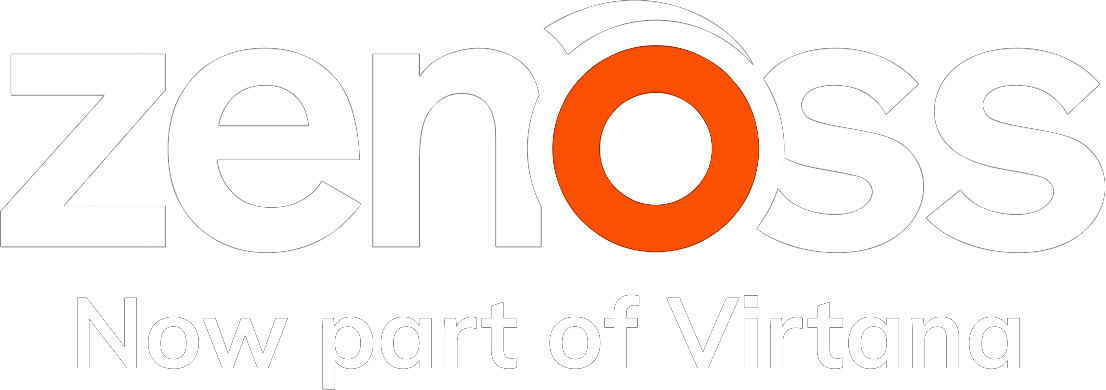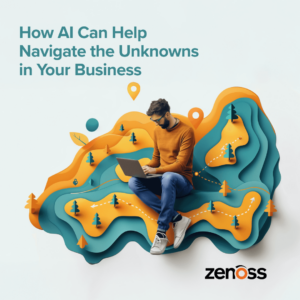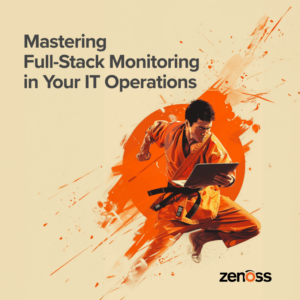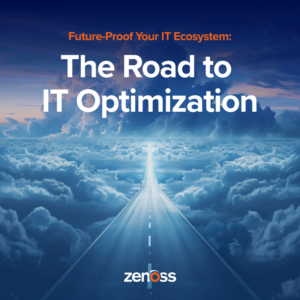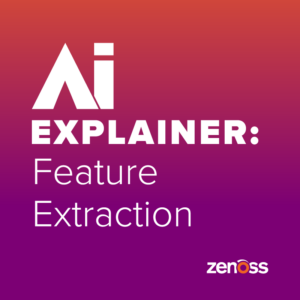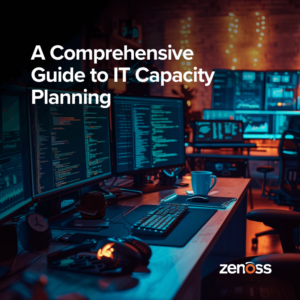Back by popular demand from last year’s inaugural user conference, the second day of GalaxZ 16 featured a keynote panel of Zenoss customers.
The panel featured:
- Kyle Kopp, VP Infrastructure at Huntington Bank, who have been using Zenoss for 4 years
- David Mills, Director of Software Engineering at Rackspace, who have been using Zenoss since 8 years
- Doug Syer, Vice President of Managed Services at NWN, who have been using Zenoss for 7 years
During the panel, Brian Wilson, Senior Vice-President of Customer Success at Zenoss asked a series of thought-provoking questions. Here is Part 1 of the takeaways.
People and process are bigger hurdles than technology
For Huntington Bank, the switchover to a pristine incident management process was a massive cultural shift that took 3 years. Prior to their current ticketing implementation with ServiceNow, absolutely everything was in e-mail format, from notifications to event logs. Kopp stated, “it is much more difficult to change people and how they think, you need to keep working at it.” There was a real lack of accountability and a high tolerance for e-mail spam. Getting people to pay attention to their ticket queue has allowed them to use auto-ticketing as a means to reinforce governance.
When David Mills was handed the reigns to Rackspace’s monitoring strategy, he faced similar surprises. When he asked his predecessors how they did monitoring, he was told “Microsoft Outlook”, and quickly found that operators could easily ignore whatever they wanted to. The first integration they did was eventing to ticketing, which turned out to be a much larger effort than anticipated because every group had different views on how it should be implemented. Since then, he has transformed Rackspace’s monitoring strategy to bolster their Fanatical Support mission.
Many of the companies described overcoming cultural mentalities of “if no one called, there was no issue”. Overcoming this, mainly through repeated education, has enabled their IT organizations to be better partners to the business.
You should take credit for what you don’t alert on as much as you take credit for what you do
Each company has a different ruleset for determining when tickets are generated. Events can inform you of when something critical needs to be looked at, but they can also be non actionable. For Mills, there is a delicate balance between the two. “If you don’t allow events to flow through, you can’t get to the rich analytics that are demanded today”. However you also don’t want to generate false positives on events that aren’t truly actionable. Syer shared that he takes pride in preventing certain events from unnecessarily becoming tickets, and that it eliminates wasted troubleshooting efforts on behalf of others on his team. Kopp added that Huntington opens tickets for less than 1% of the events generated.
Check back tomorrow for Part 2!
Please provide your email address below to subscribe and enjoy reading updates right from your inbox!
